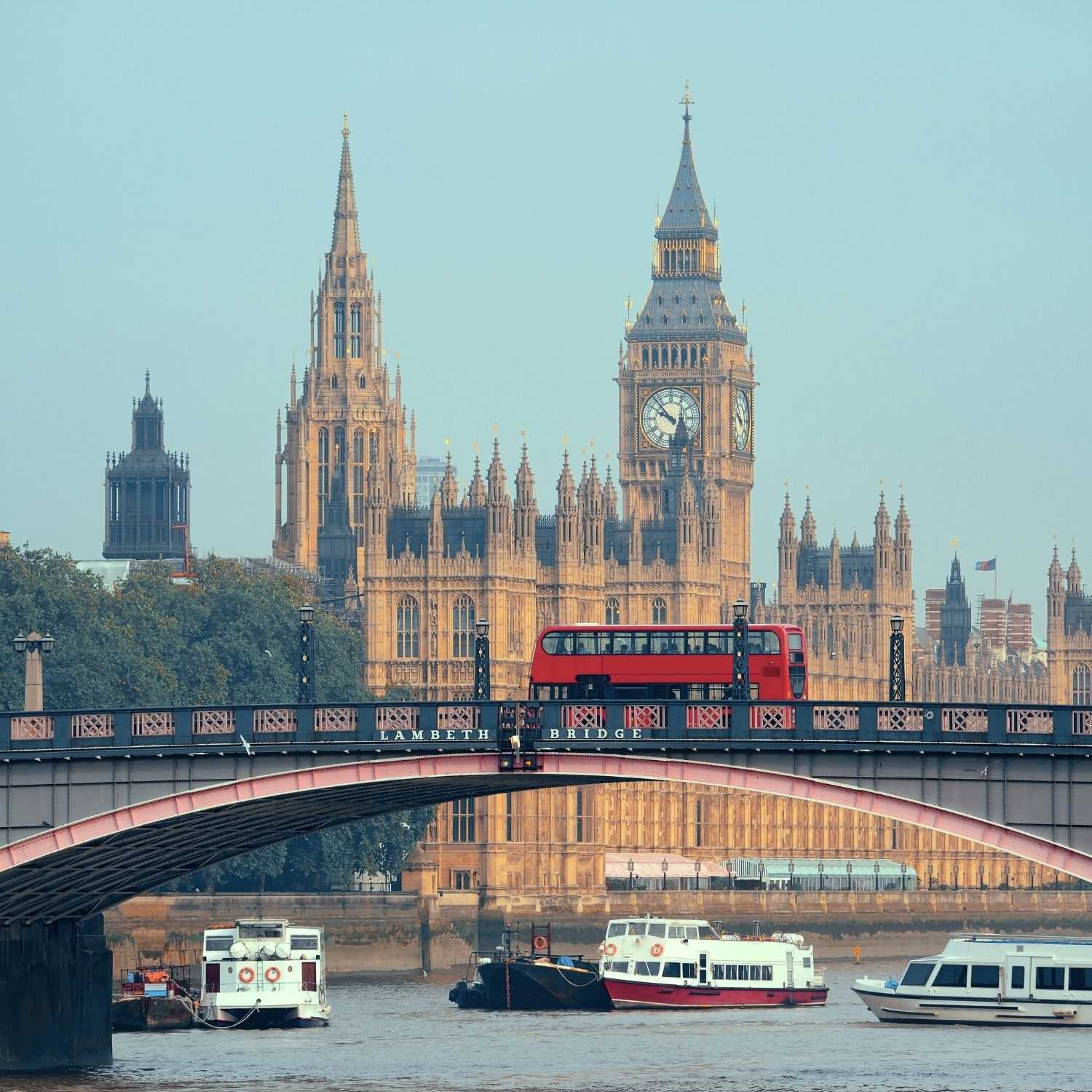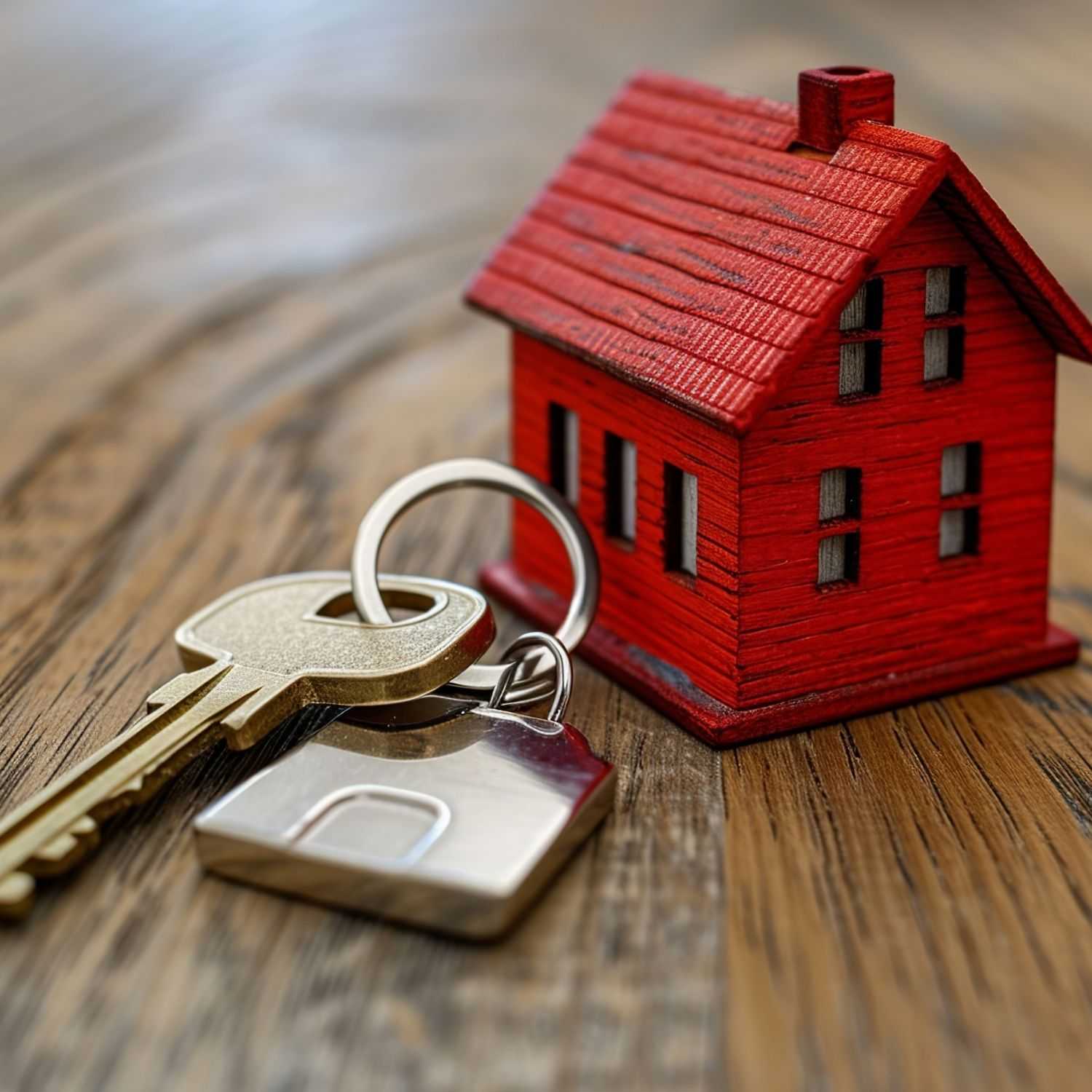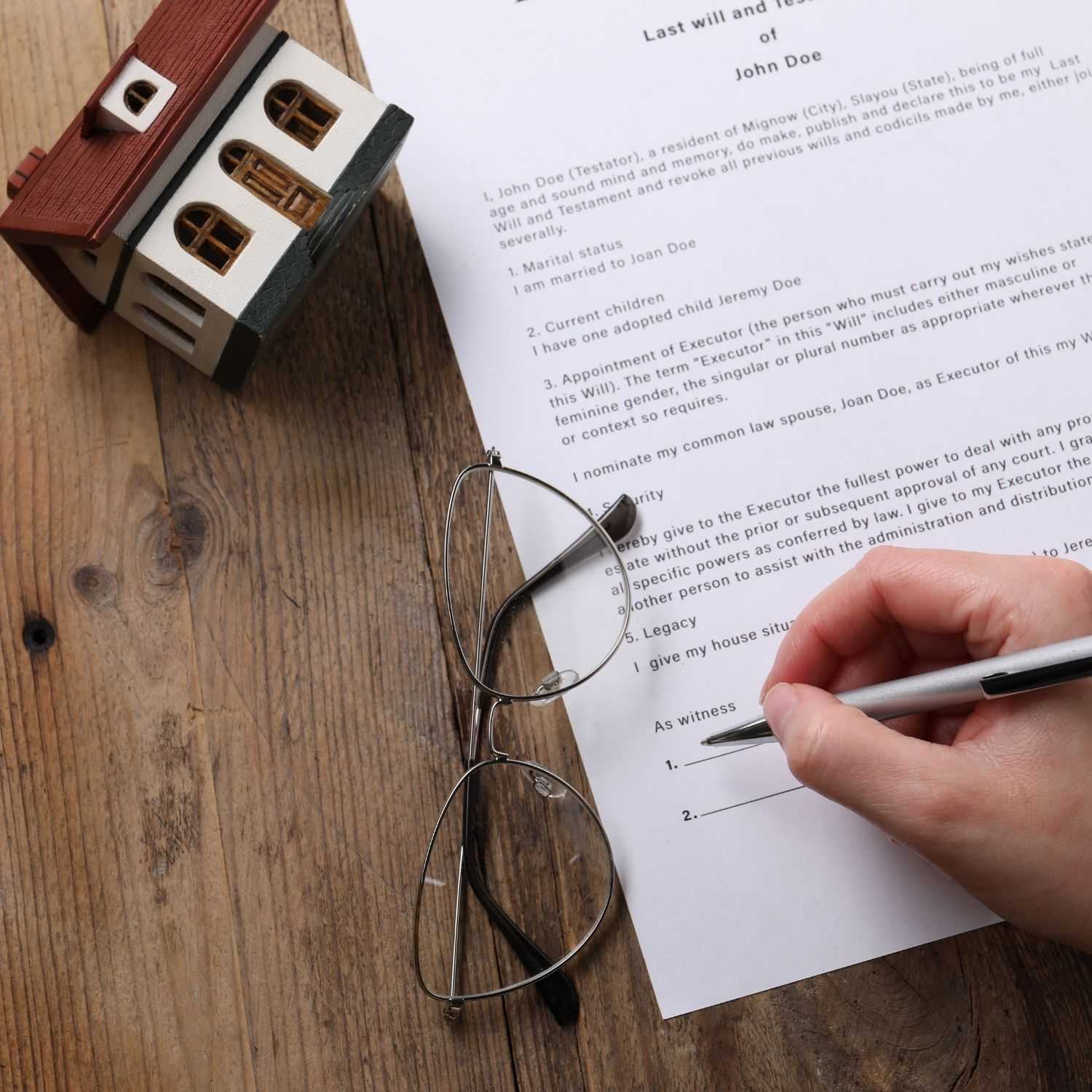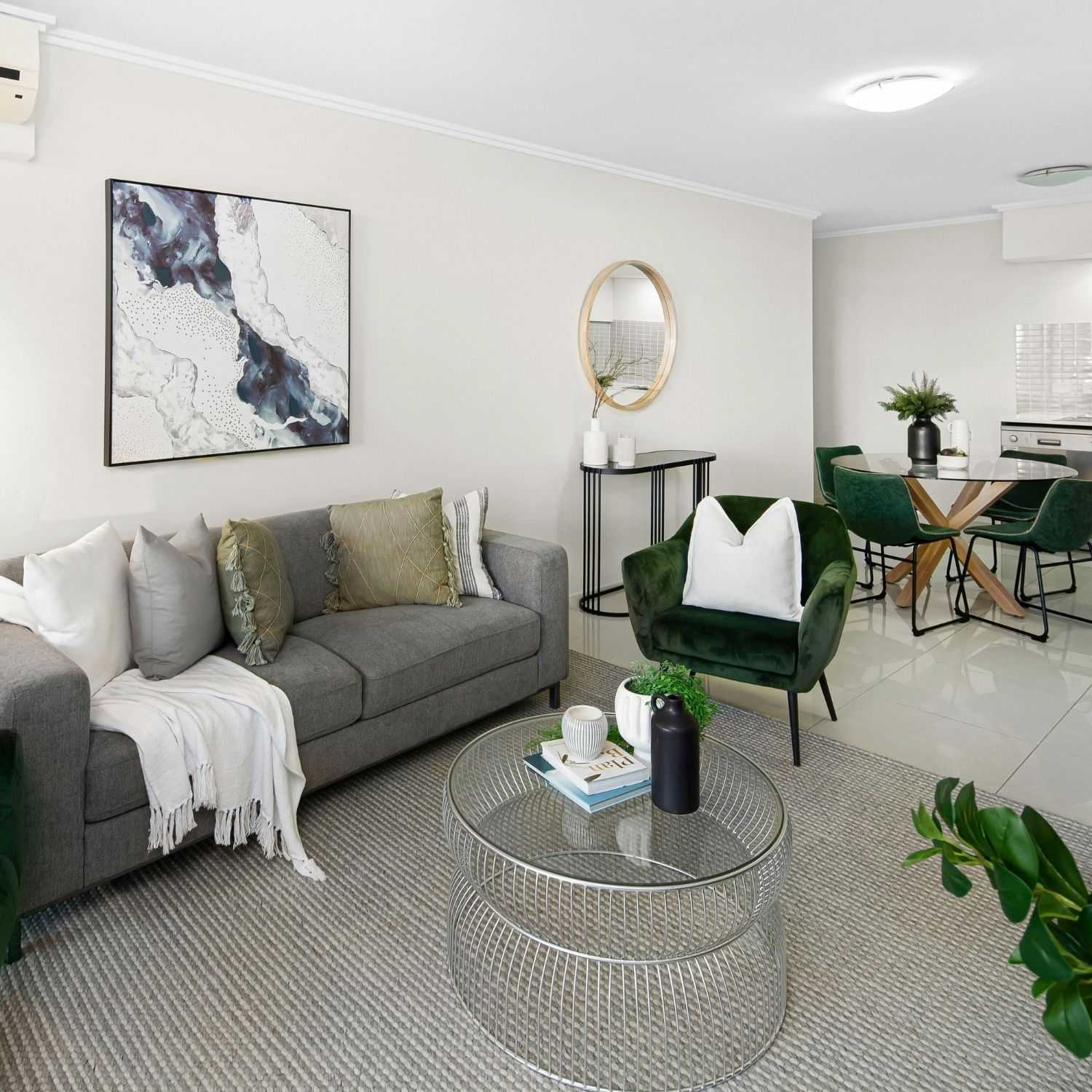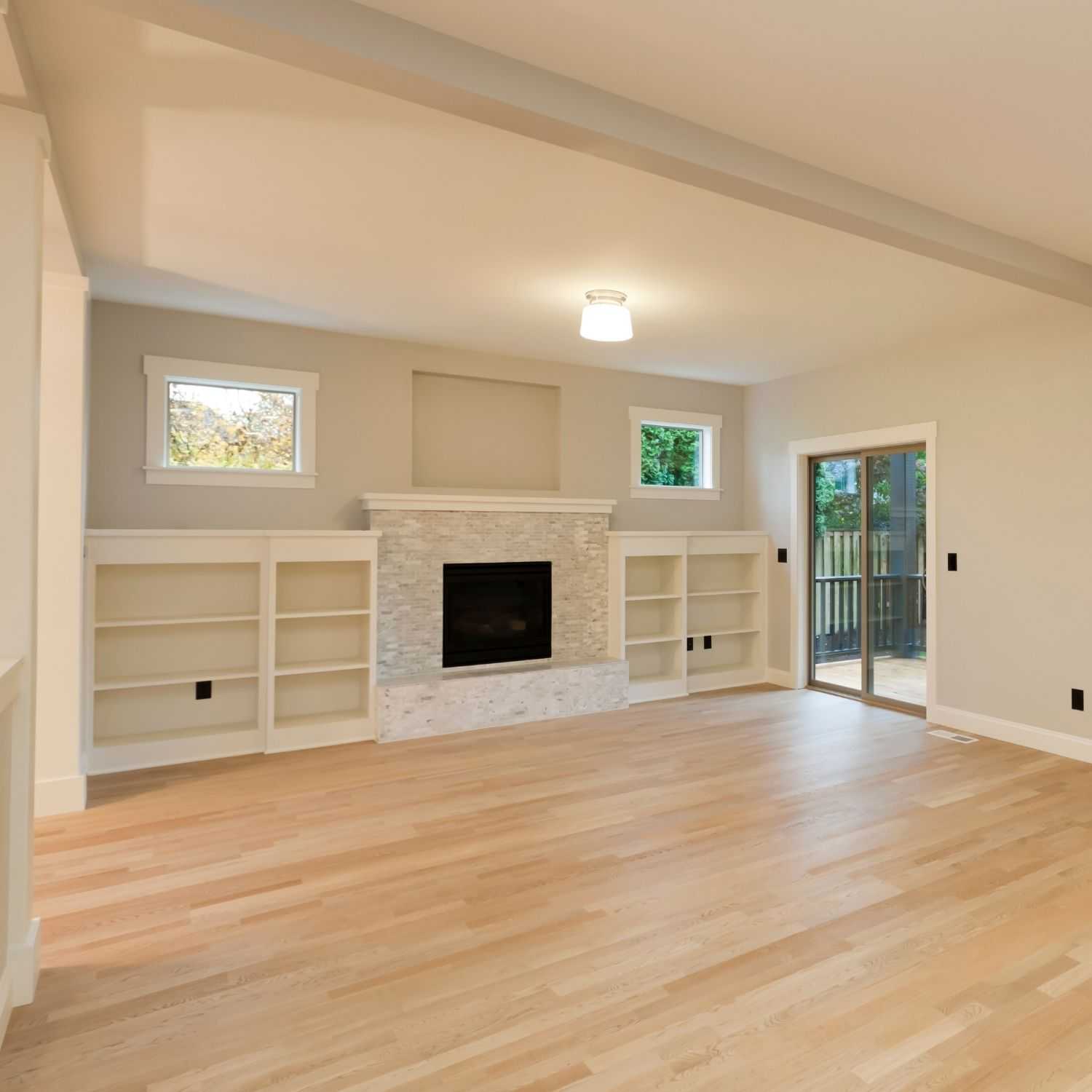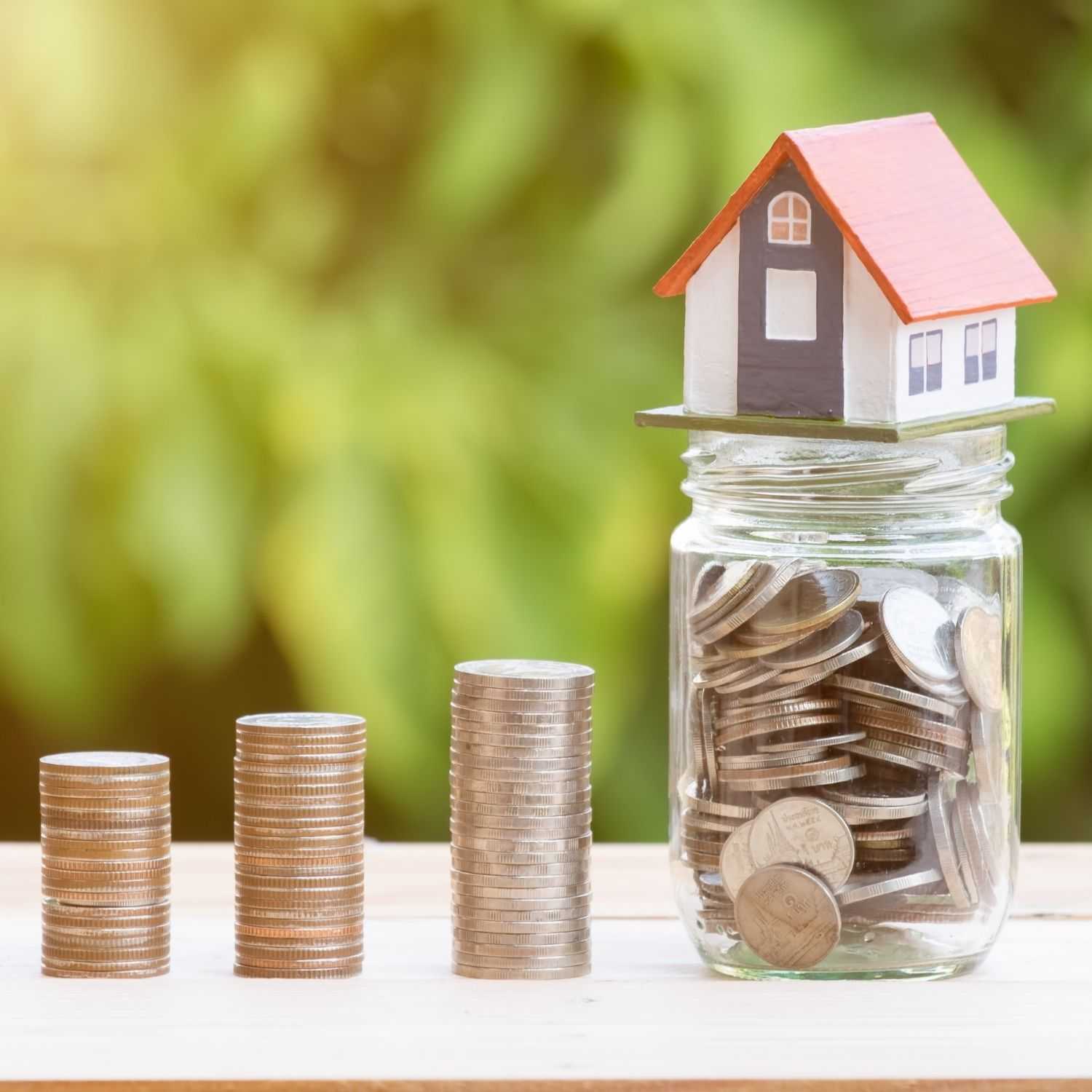Share post:
Landlord property management involves overseeing, operating, and maintaining real estate properties on behalf of owners. It includes tasks like rent collection, maintenance, tenant communication, and maximising property value.
As a landlord, understanding your management and maintenance responsibilities is crucial. A good adherence to your maintenance obligations will ensure that your rental property is secure and livable for tenants.
In this blog post, we’ll go over some of the most important maintenance responsibilities that landlords in the UK have, ensuring you have a full understanding of landlord property management and all it entails.
Repair and maintenance of the property
The repair and maintenance of a rental property is an integral part of a landlord’s responsibility. Landlords are tasked with the upkeep of both the structure and the exterior of the property, as well as the internal installations for water, gas, electricity, heating, and sanitation. This encompasses a wide range of tasks and obligations to ensure the property remains in good condition for tenants.
Structural Integrity
One aspect of landlord property management is to ensure that the rental property is structurally sound. This involves regular inspections and maintenance to identify and address any issues that may compromise the integrity of the building. Structural concerns can include problems with the foundation, walls, roof, windows, doors, or any other components that could affect the safety and stability of the property.
Mould Prevention
Another important aspect of maintenance is addressing dampness and mould. Landlords need to take proactive measures to prevent the occurrence of dampness, as it can lead to mould growth, which can be harmful to the health of the tenants and cause damage to the property. This may involve implementing proper ventilation systems, repairing leaks, and addressing any moisture-related issues promptly.
Utility Lines
Furthermore, landlords are responsible for ensuring that all the internal installations related to water, gas, electricity, heating, and sanitation are in proper working order. This includes regular inspections and maintenance of plumbing systems, gas lines, electrical wiring, heating systems, and sanitary fixtures. Any malfunctioning or unsafe installations should be promptly repaired or replaced to maintain the habitability of the rental property.
Appliances and Fixtures
In addition to structural and installation maintenance, landlords are also responsible for ensuring that the appliances provided with the rental property are functioning properly. This can include items such as refrigerators, stoves, dishwashers, washing machines, and other essential appliances. Regular inspections and necessary repairs or replacements should be carried out to ensure the tenants have access to functional and safe appliances.
Overall, the repair and maintenance of a rental property are crucial for both the landlord and the tenants. It ensures the property remains in good condition, promotes the well-being and safety of the tenants, and helps maintain a positive landlord-tenant relationship. By fulfilling these responsibilities, landlords can provide a comfortable and habitable living environment for their tenants while preserving the long-term value of their property.
Safety of the property
Ensuring the safety of a rental property is a key part of landlord property management. Beyond providing a habitable living space, landlords have a legal and ethical duty to prioritise the safety and well-being of their tenants. This duty encompasses various aspects, including the maintenance of essential safety equipment, identification of potential hazards, and prompt mitigation of risks.
Gas, Electrical, and Fire Safety
It’s the landlord’s responsibility to maintain gas, electrical, and fire safety equipment within the rental property. This includes regularly inspecting and servicing gas appliances, such as boilers and ovens. The goal is to ensure they are in proper working order and do not pose any safety hazards. Landlords should schedule annual gas safety checks conducted by a qualified professional to identify any potential leaks or malfunctions.
Similarly, electrical systems must be regularly inspected and maintained to ensure they comply with safety regulations. Landlords should arrange periodic electrical inspections by a qualified electrician to assess the condition of the wiring, sockets, switches, and any electrical appliances provided with the property. Any identified electrical hazards should be promptly addressed to prevent the risk of electrical fires or shocks.
Fire safety is another critical aspect of safe rental property management. Landlords should ensure that working smoke alarms are installed on every floor of the property, as well as carbon monoxide detectors in properties with gas appliances or solid fuel-burning devices. Regularly testing and replacing the batteries in these devices is essential to ensure their effectiveness. Additionally, landlords should provide clear fire escape routes and ensure that fire extinguishers or fire blankets are easily accessible, particularly in larger properties.
Eliminate Potential Hazards
In addition to maintaining safety equipment, landlords should proactively identify and address any potential hazards within the property. This can include addressing structural issues that may pose a risk, such as loose handrails or unstable flooring. Adequate lighting should be provided both indoors and in common areas to reduce the risk of accidents. Landlords should also be aware of any environmental hazards, such as asbestos or lead-based paint, and take appropriate measures to mitigate these risks.
Safety Regulations
To fulfil their management duty of ensuring the safety of a rental property, landlords should stay informed about relevant safety regulations and best practices. It is advisable to consult with local housing authorities or legal professionals to understand specific safety requirements applicable to their jurisdiction. Landlords should maintain thorough records of safety inspections, maintenance activities, and any repairs carried out to demonstrate their commitment to tenant safety.
Regular communication with tenants is also vital to address any safety concerns promptly. Encouraging tenants to report potential hazards or maintenance issues can help landlords identify and resolve problems before they escalate. Additionally, landlords should provide clear instructions to tenants regarding the use of safety equipment and emergency procedures.
Maintenance of common areas
Maintaining the common areas of a rental property is an essential part of landlord property management, especially when the property is within a larger building or complex. Common areas, such as hallways, staircases, gardens, or shared facilities, play a significant role in the overall living experience for tenants. Landlords have a responsibility to ensure that these areas are well-maintained, clean, and free from hazards.
Cleaning and Upkeep
To fulfil their duty of maintaining common areas, landlords should prioritise regular cleaning and upkeep. This involves scheduling routine cleaning services or assigning maintenance personnel to keep the common areas tidy, removing any debris, dirt, or potential hazards. Regular inspections can help identify and address maintenance issues promptly, such as damaged flooring, broken light fixtures, or malfunctioning doors.
Proper Illumination
Landlords should also ensure that proper lighting is installed and well-maintained in common areas. Sufficient illumination not only enhances the aesthetics but also promotes safety and security for tenants using these shared spaces, especially during nighttime hours. Timely replacement of burned-out bulbs or fixing faulty lighting fixtures should be a priority among other management tasks.
Repairs and Replacements
Furthermore, landlords should address any potential hazards in common areas promptly. This includes repairing or replacing damaged handrails, fixing loose floorboards or tiles, and addressing any other structural issues that may pose a risk to tenants. Regular inspections and proactive maintenance can help identify these hazards before they cause accidents or injuries and are key when considering property management for landlords.
Common Areas and Shared Facilities
In addition to the physical aspects of maintenance, landlords should also consider the aesthetics of common areas. Well-maintained gardens or outdoor spaces contribute to the overall appeal of the property. Regular landscaping, pruning of trees or shrubs, and maintaining clean pathways or parking areas can create a welcoming atmosphere for tenants and visitors.
When it comes to shared facilities such as laundry rooms, gyms, or community rooms, landlords should ensure proper management of these spaces. They should be clean, properly functioning, and well-equipped. Regular inspections of the equipment, such as washers, dryers, or exercise machines, should be conducted to identify any issues or safety concerns. Timely repairs or replacements should be made to maintain the usability and safety of these shared amenities.
Tenant Responsibilities
To effectively maintain common areas, landlords should establish clear policies and guidelines for tenants regarding their responsibilities in keeping these spaces clean and in good condition. When considering property management for landlords, regular communication with tenants, such as providing reminders or guidelines for the proper use and care of shared areas, can help foster a sense of community and cooperation.
Additionally, keeping documentation of maintenance activities, inspections, and repairs related to common areas is essential. This documentation serves as a record of the landlord’s efforts in fulfilling their duty and can be valuable in case of any disputes or legal matters.
Prompt repairs
A landlord’s duty to promptly address repair requests from tenants is a fundamental part of any landlord property management service. Timely repairs not only contribute to the overall habitability of the rental property but also help maintain a positive landlord-tenant relationship. Landlords are legally obliged to respond promptly to repair requests and carry out necessary maintenance work within a reasonable timeframe. Failure to do so can lead to legal consequences and strained relationships with tenants.
Repair Requests
When a repair request is received from a tenant, landlords should acknowledge and respond promptly. Open lines of communication and a clear procedure for reporting repairs can facilitate this process. It is advisable to establish a system where tenants can easily submit repair requests, such as through an online portal, email, or a dedicated phone line. Providing tenants with clear instructions on how to report repairs and emphasising the importance of prompt reporting can encourage timely communication.
Once a repair request has been received, landlords should assess the urgency and severity of the issue. Some repairs may be more time-sensitive and require immediate attention, such as a plumbing leak or a broken heating system during winter. Others may be less urgent but still need to be addressed within a reasonable timeframe. Landlords must prioritise repairs based on the potential impact on the tenant’s health, safety, and overall enjoyment of the property.
Network of Contractors and Maintenance Service Providers
Landlords should have a network of reliable contractors or maintenance personnel who can carry out repairs efficiently. Maintaining good relationships with skilled professionals in various trades, such as plumbing, electrical, HVAC, and general maintenance, can help ensure prompt service. It is essential to communicate with the contractors clearly, providing them with all the necessary information and access to the property to facilitate the repair process.
In some cases, landlords may need to obtain multiple repair quotes to ensure fairness and to assess the cost and scope of the repair. While this may require additional time, it is important to balance efficiency with the need for accurate estimates. Clear communication with tenants about the repair timeline can help manage their expectations and keep them informed throughout the process.
Landlord Obligations
Landlords should also be aware of their legal obligations regarding repairs and maintenance. Familiarise yourself with local housing laws and regulations that govern the landlord-tenant relationship, particularly concerning repair timelines. Some jurisdictions may have specific requirements regarding response times and completion of repairs. Adhering to these legal requirements not only protects tenants but also shields landlords from potential legal action or disputes.
The management of records of repair requests, correspondence, and actions taken is essential for documentation purposes. This documentation can serve as evidence of the landlord’s responsiveness and efforts to address repair issues. It is advisable to keep a log of repair requests, including the date of the request, the nature of the repair, the actions taken, and the completion date. This information can be valuable in case of any disputes or legal matters that may arise in the future.
Property inspections
Property inspections are an important aspect of a landlord property management service to ensure the proper maintenance and condition of a rental property. Conducting regular inspections allows landlords to assess the overall state of the property, identify any maintenance or repair issues, and address them promptly. By fulfilling their duty to conduct property inspections, landlords can proactively maintain the value of the property and ensure the well-being of their tenants.
Regular property inspections serve several purposes. Firstly, they provide an opportunity to assess the general condition of the property, both internally and externally. This includes evaluating the structural integrity, plumbing and electrical systems, appliances, fixtures, and any shared or common areas. By closely examining these aspects, landlords can identify any signs of wear and tear, damage, or potential hazards.
Focus on Specific Areas
During inspections, landlords should pay attention to areas that are more prone to problems or may require additional management and maintenance. For example, areas susceptible to dampness, such as basements or bathrooms, should be thoroughly checked for signs of mould or water damage. Similarly, plumbing fixtures, electrical outlets, and heating systems should be inspected for proper functionality and safety. Identifying issues early on can help prevent more extensive damage and costly repairs in the future.
Check Tenancy Agreement Compliance
In addition to assessing the property’s condition, inspections also provide an opportunity for landlords to ensure that tenants are complying with the terms of the lease agreement. This includes verifying that tenants are keeping the property in a clean and tidy condition. They should also be adhering to any pet or smoking policies, and not causing any damage beyond normal wear and tear. Inspections can also help detect any unauthorised occupants or subletting, which may be a violation of the lease agreement.
Schedule Inspections
To conduct effective property inspections, landlords should establish a clear policy and communicate it to tenants in advance. Clearly outline the frequency of inspections, the purpose of the inspections, and any specific areas or requirements that will be assessed. Giving tenants notice of the inspection dates and times, usually under local laws and lease agreements, allows them to prepare and be present if necessary.
During inspections, landlords should be respectful of the tenant’s privacy and rights. Conduct inspections during reasonable hours and minimise any disruption to the tenant’s daily routine. If tenants are not available during the inspection, landlords should document their findings thoroughly and provide a report to the tenants afterwards.
Document Observations
Following each inspection, landlords should document their observations, including any maintenance or repair issues that need attention. This documentation serves as a record of the property’s condition over time and can be useful for reference during future inspections or in case of any disputes with tenants. It is also essential to follow up on identified issues promptly, either by scheduling repairs or discussing necessary management and maintenance with the appropriate professionals.
Communicate with Tenants
Lastly, landlords should use property inspections as an opportunity to communicate with tenants and address any concerns or questions they may have. Establishing open lines of communication fosters a positive landlord-tenant relationship. It also allows for timely management and resolution of any issues that may arise.
Maintaining your rental property to a high standard has a considerable amount of benefits. From maximising your yield, ensuring high occupancy rates, and maintaining good relationships with tenants, you’ll see benefits across the board.
In conclusion…
Understanding and fulfilling landlord management and maintenance obligations is essential for creating a safe and comfortable living environment for tenants. By prioritising the repair and maintenance of the property, landlords demonstrate their commitment to providing a structurally sound and functional space.
Ensuring the safety of the property, including gas, electrical, and fire safety equipment, safeguards tenants from potential hazards. Maintaining common areas enhances the overall appeal of the property and promotes a sense of community. Promptly addressing repair requests showcases a landlord’s dedication to tenant satisfaction.
Regular property inspections allow landlords to proactively identify and address maintenance issues. By upholding these responsibilities, landlords can foster positive landlord-tenant relationships, comply with legal requirements, and ensure the well-being of their tenants. Ultimately, by prioritising maintenance obligations, landlords contribute to a positive and enjoyable renting experience for all parties involved.
If you need help with the management and maintenance of your property or you’re looking for advice in general, please don’t hesitate to contact our experts today.



